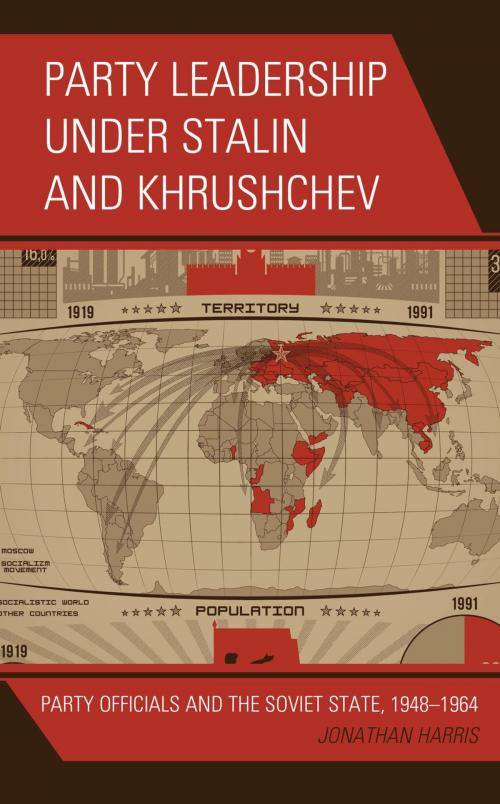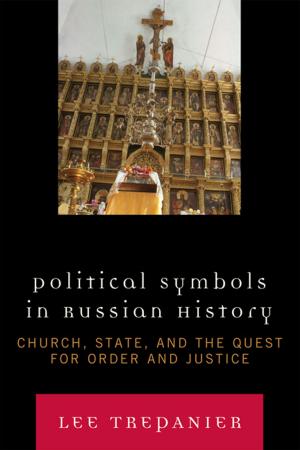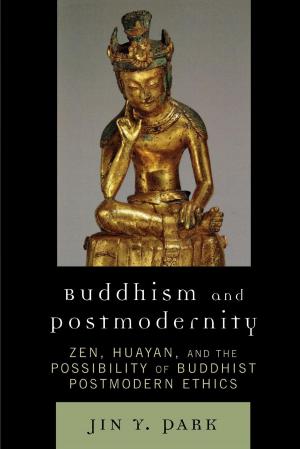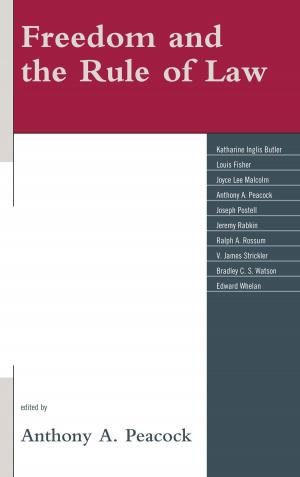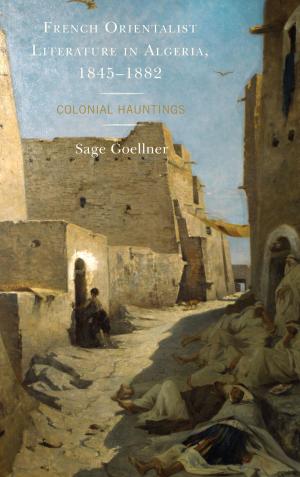Party Leadership under Stalin and Khrushchev
Party Officials and the Soviet State, 1948–1964
Nonfiction, History, Asian, Russia, Social & Cultural Studies, Political Science, International| Author: | Jonathan Harris | ISBN: | 9781498528399 |
| Publisher: | Lexington Books | Publication: | September 15, 2018 |
| Imprint: | Lexington Books | Language: | English |
| Author: | Jonathan Harris |
| ISBN: | 9781498528399 |
| Publisher: | Lexington Books |
| Publication: | September 15, 2018 |
| Imprint: | Lexington Books |
| Language: | English |
This study demonstrates that the full time party officials of the Communist Party of the Soviet Union (CPSU) used the term “party leadership” to both disguise and signal their efforts to lead the Communists who manned the Soviet state. In 1946, Stalin had made the newly formed Council of Ministers of the USSR, led by its Bureau (Presidium) directly responsible for planning and administering the Soviet economy. As a result, the full time officials clashed constantly and publicly over the relative importance of their direct intervention in production as opposed to ideological education and personnel management in their efforts to provide “party leadership” of the state from 1946 until 1964. Zhdanov and Malenkov clashed over the issue until Zhdanov’s death in 1948 and Malenkov clashed with Khrushchev over the same issue from 1949 until Stalin’s death in 1953. This conflict became more explicit once Malenkov was named Chairman of the Council of Ministers and Khrushchev first secretary of the CC/CPSU in 1953 and continued until Malenkov’s ouster in 1955. Khrushchev clashed with Chairman Bulganin over the same issue from 1955 until 1958. Khrushchev’s decision to replace Bulganin as Chairman of the Council of Ministers not only complicated the discussion of party officials’ role but led to a series of extremely contradictory reforms. Khrushchev simultaneously bolstered party officials’ capacity to intervene directly in industrial production and strengthened the Council of Ministers’ control over the same process. The ensuring administrative confusion, when coupled with Khrushchev’s overt disdain for the ideological education of Communists helped to undermine his authority and led to the decision of his colleagues to oust him in 1964.
This study demonstrates that the full time party officials of the Communist Party of the Soviet Union (CPSU) used the term “party leadership” to both disguise and signal their efforts to lead the Communists who manned the Soviet state. In 1946, Stalin had made the newly formed Council of Ministers of the USSR, led by its Bureau (Presidium) directly responsible for planning and administering the Soviet economy. As a result, the full time officials clashed constantly and publicly over the relative importance of their direct intervention in production as opposed to ideological education and personnel management in their efforts to provide “party leadership” of the state from 1946 until 1964. Zhdanov and Malenkov clashed over the issue until Zhdanov’s death in 1948 and Malenkov clashed with Khrushchev over the same issue from 1949 until Stalin’s death in 1953. This conflict became more explicit once Malenkov was named Chairman of the Council of Ministers and Khrushchev first secretary of the CC/CPSU in 1953 and continued until Malenkov’s ouster in 1955. Khrushchev clashed with Chairman Bulganin over the same issue from 1955 until 1958. Khrushchev’s decision to replace Bulganin as Chairman of the Council of Ministers not only complicated the discussion of party officials’ role but led to a series of extremely contradictory reforms. Khrushchev simultaneously bolstered party officials’ capacity to intervene directly in industrial production and strengthened the Council of Ministers’ control over the same process. The ensuring administrative confusion, when coupled with Khrushchev’s overt disdain for the ideological education of Communists helped to undermine his authority and led to the decision of his colleagues to oust him in 1964.
